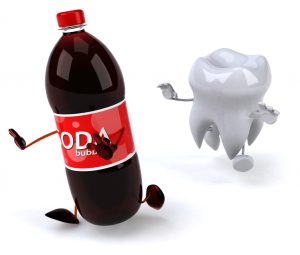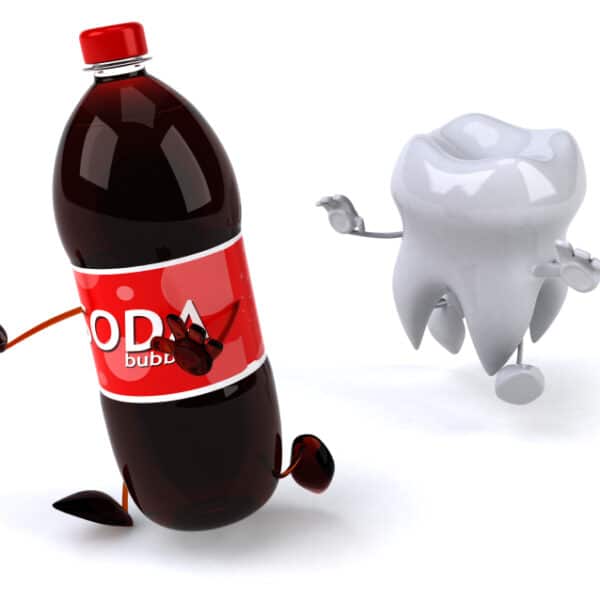
This quote is from one of America’s hottest athletes, basketball player Derrick Rose, and I have to own up to being with him there. So many of us have an addiction to sugar. We use it as a comforter when life is tough, and we use it as reward when things go well – lose/lose! Mind you DRose really burns it off during a game!
We all know that sugar is a root cause of both caries and obesity. Right now, there is a growing awareness that the age group most affected by both of these issues are young people. The most recent (2013/14) National Child Measurement Programme (NCMP) showed that 33 per cent of 11-year-olds were overweight or obese. Research also shows that obese young people are more likely to have decay in their permanent teeth. So what do we do?
Work together
The British Society of Paediatric Dentistry (BSPD) is calling for a coordinated offensive to tackle both obesity and dental decay in children and young people. A new position statement from the BSPD highlights the diet and lifestyle factors common to the two conditions, which are both alarmingly prevalent among under-16s. Claire Stevens, spokeswoman for the BSPD, said that obesity and dental decay were both preventable health issues linked to the consumption of food and drinks that are high in sugar and low in nutritional value.
Claire, a consultant in paediatric dentistry, states:
“The combination of physiological and psychological factors make obesity a significant concern for everyone working in the field of health. Poor nutrition poses a clear health risk to children and young people. We support all calls for clearer food labelling and our members wish to be part of a coordinated approach to raising awareness of the damaging impact of foods and drinks that are high in sugar or fat, or both, and low in vitamins.”
Many young children require extractions under general anaesthetic. When a child is obese, there are greater risks in the procedure.
What does this mean in general practice?
In your Quality Compliance Systems pack of policies is the Prevention and Public Health Policy and Procedure. This is actually really important and relevant to patients’ needs, and helps meet our responsibilities under The Health and Social Care Act 2008 (Regulated Activities) Regulations 2010.
Specifically, it states:
- Oral Hygiene and Dietary advice is given within the practice according to need.
- Dietary and nutritional advice is evidence based.
- Dietary and nutritional advice is in line with the culture and beliefs of the individual.
Remember, whenever any patient – young or old – is identified as a ‘high’ risk for caries, we should be giving dietary advice regarding the frequency of sugary drinks and snacks. So come on, let’s work together on this.






